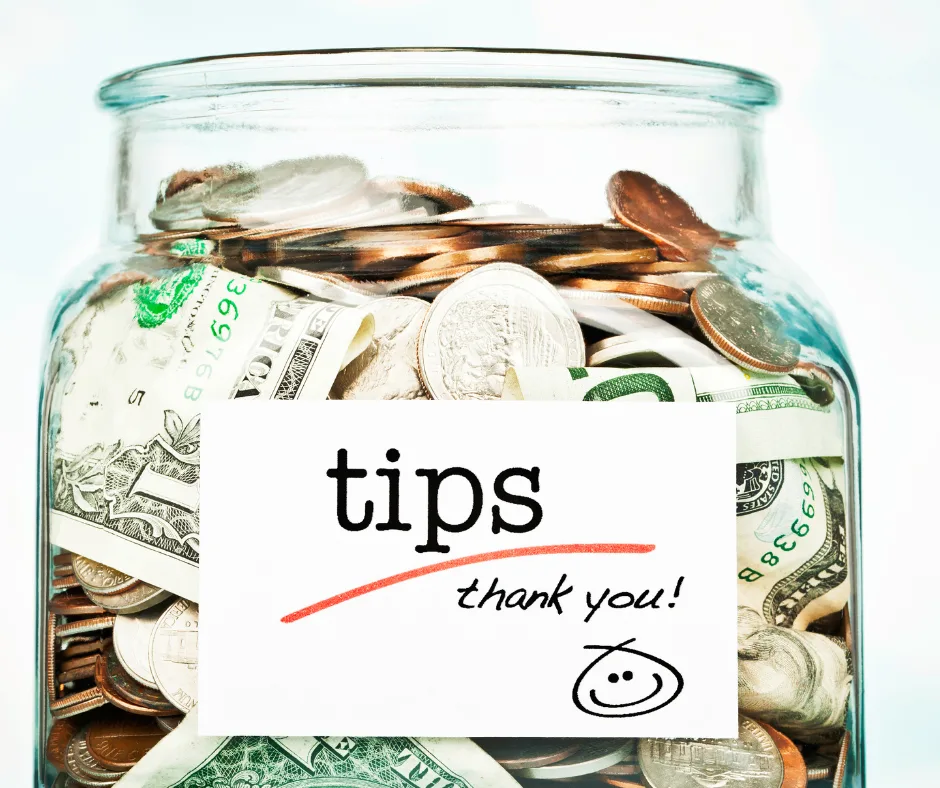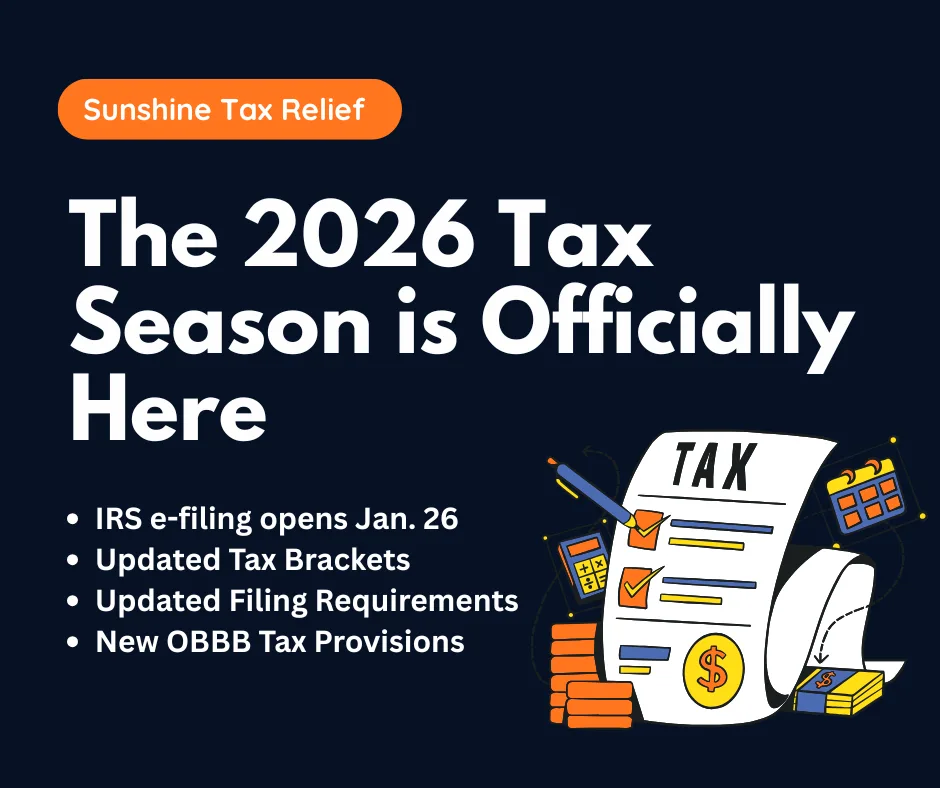The One Big Beautiful Bill Act (OBBBA) makes tip income tax-free. But as with any new tax law, the fine print matters, and some of these details still need clarification.
The basic facts
From January 1, 2025, through December 31, 2028, you can deduct up to $25,000 as a deduction equal to the amount of qualified tips you receive during the year. These tips must be included on IRS-approved statements furnished to the individual in order to take advantage of the deduction.
There is an income limit of $150,000 for single filers and $300,000 for joint filers. This income limit is modified adjusted gross income, including the tips. The deduction amount is reduced (but not lower than zero) by $100 for each $1,000 in excess of these amounts.
Example: Joanie Tipster, a single filer, with modified adjusted gross income of $155,000 is $5,000 over the limit. Her tip deduction will be reduced by $500: ($5,000 ÷ $1,000) × $100.
Qualified Tips
To qualify as a tip:
- The tip must be given in the ordinary course of business
- It must be paid voluntarily
- It is not subject to negotiation
- It is determined by the payer
What business and services qualify?
A list of qualifying businesses will be published on or before December 31, 2025, but the tax bill specifically mentions:
- Food & beverage for consumption, if tips are customary
- Barbering & hair care
- Nail care
- Esthetics (services like body and spa treatments)
If you work in a specified service trade or business (SSTB), you may not take the tip deduction. An SSTB is a business providing services in fields such as health, law, accounting, consulting, and financial services.
The fine print matters
To receive the deduction:
- It must be reported, meaning the tip income will end up on a W-2 and you must have a valid Social Security number.
- Tips must be cash, which the IRS defines to include cash, credit card, debit card, and digital payment tools. Non-cash tips and cyber currencies do not qualify.
- It will still be subject to Social Security and Medicare taxes.
- You must have taxable income to benefit from the deduction.
- Married couples must file jointly to qualify.
- Employers cannot create new tipping behavior to take advantage of the law.
What action to take
If you think you may qualify for this deduction:
- Get your reporting in order. Start tracking your tip records now and reconcile them with your employer’s reporting.
- Large-party tips. Automatic gratuities for big parties may not qualify because they’re not voluntary. Seek clarification or discuss alternatives with your employer.
- Unlisted jobs. Many tipped jobs are not specifically mentioned in the bill, but the IRS will decide which ones qualify by the end of the year. Keep tracking your tips.
- Report your cash tips. Unreported tips can’t be deducted.
- Be patient. IRS guidelines are expected within 90 days.
Congress knows some may try to reclassify taxable income as tip income to benefit from this change, so the IRS will issue rules to prevent abuse.
Source: OBBBA of 2025; SEC 70201


